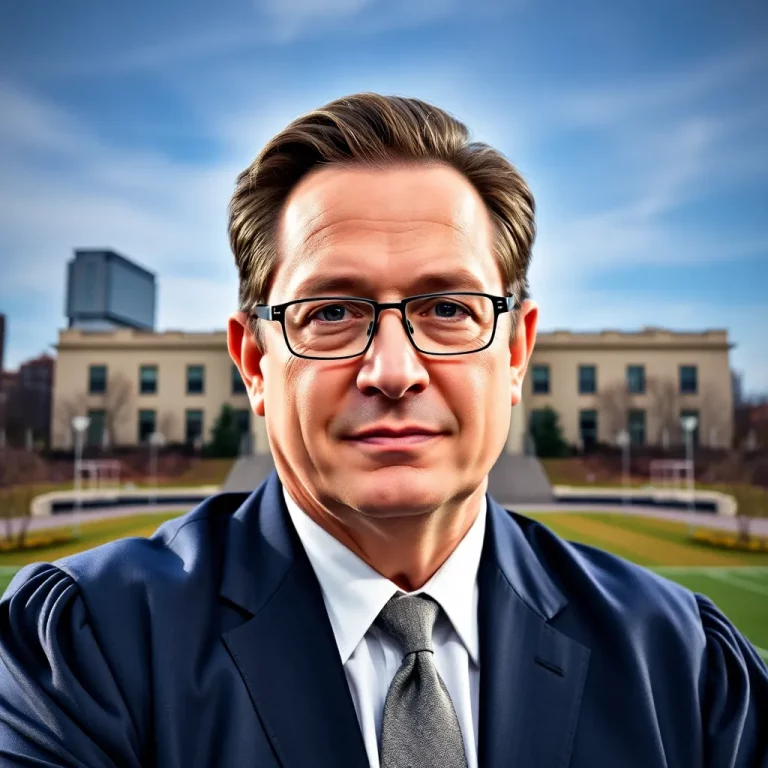Federal Judge Ruling Affects NCAA Athlete Eligibility in Nashville
In a significant ruling in Nashville, a federal judge has issued an injunction preventing the NCAA from declaring Vanderbilt quarterback Diego Pavia ineligible for the upcoming season. This decision comes as college athletes navigate a new landscape where they can earn money through NIL (name, image, likeness) deals.
The ruling, delivered by Chief U.S. District Judge William L. Campbell, Jr., questioned the strict eligibility rules set by the NCAA, suggesting these rules may be too limiting in today’s environment where athletes can secure lucrative endorsements. Judge Campbell pointed out that contemporary college players often sign contracts for endorsements and sponsorships, creating connections between athlete eligibility and their commercial opportunities.
In the past, courts generally gave the NCAA leeway in how it managed its rules, viewing them as aimed at preserving educational opportunities in sports. However, this ruling signals a shift toward viewing college athletics as a business, similar to professional sports.
Diego Pavia, who transferred from a junior college, filed the lawsuit arguing that the NCAA’s eligibility rules are anticompetitive and detrimental to athletes looking to take their skills to Division 1 football. In his eyes, the NCAA’s interpretations of the rules unfairly limit the chances for JUCO players like himself to compete at a higher level and gain NIL compensation.
The judge’s decision centers on NCAA Bylaw 12.02.6, which encompasses regulations regarding intercollegiate competition. Although the NCAA argues that JUCO players should be regarded differently, Pavia’s legal team contends that the quality and opportunities provided in Division 1 football vastly exceed those available at junior colleges.
Judge Campbell rejected the NCAA’s arguments that past rulings upheld these eligibility requirements, noting that those were made in a time when NIL didn’t exist. He stated that college athletes are now deeply involved in commercial activities—with the NCAA’s approval—as part of their athletic careers.
The immersion of athletes in the business of college sports, particularly with the potential for earnings through NIL deals, poses a challenge for NCAA’s historic rules. The judge emphasized that it is increasingly difficult for the NCAA to argue that its regulations are necessary or effective in promoting a non-commercial atmosphere.
Importantly, Judge Campbell’s order also prevents the NCAA from enforcing penalties against institutions that enroll players like Pavia who win legal injunctions. This means that, even if further rulings were to ultimately disagree with Pavia, colleges wouldn’t face repercussions for giving him a chance on the field.
This ruling is considered a victory not only for Pavia but also for many college athletes facing similar eligibility constraints. As the landscape of college sports continues to evolve with the advent of NIL, the implications of this ruling may resonate beyond just one player, setting a tone for upcoming cases and challenges to NCAA regulations.


